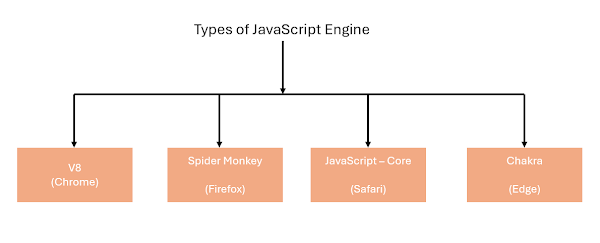Strings in java
A string is commonly considered to be a sequence of characters stored in memory and accessible as a unit. Strings in java are represented as objects.
String Concatenation
“+” operator is used to concatenate strings
– System.out.println(“Hello” + “World”) will print Hello World on console
String concatenated with any other data type such as int will also convert that datatype to String and the result will be a concatenated String displayed on console. For example,
– int i = 4;
– int j = 5;
System.out.println (“Hello” + i)
will print Hello 4 on screen
– However
System,.out..println( i+j) ;
will print 9 on the console because both i and j are of type int.
Comparing Strings
For comparing Strings never use == operator, use equals method of String class.
– == operator compares addresses (shallow comparison) while equals compares values (deep comparison)
E.g string1.equals(string2)
Example Code: String concatenation and comparison
public class StringTest {
public static void main(String[] args) {
int i = 4;
int j = 5;
System.out.println("Hello" + i); // will print Hello4
System.out.println(i + j); // will print 9
String s1 = new String (“India”);
String s2 = “India”;
if (s1 == s2) {
System.out.println(“comparing string using == operator”);
}
if (s1.equals( s2) ) {
System.out.println(“comparing string using equal method”);
}
}
}


No comments:
Post a Comment